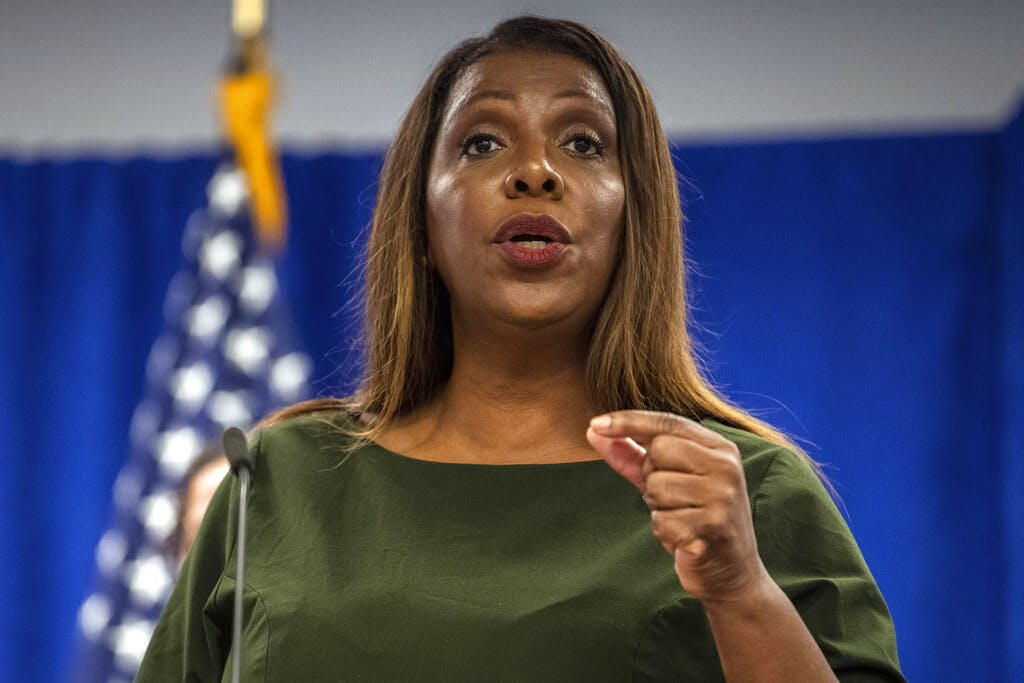
300,000 Flee Southern Lebanon as Hezbollah Increases Attacks Against Israel
By JOTAM CONFINO
|The case involves new gun restrictions imposed by New York following last year’s landmark Supreme Court decision in New York State Pistol & Rifle Association v. Bruen.

Already have a subscription? Sign in to continue reading

By JOTAM CONFINO
|
By M.L. NESTEL
|
$0.01/day for 60 days
Cancel anytime
By continuing you agree to our Privacy Policy and Terms of Service.
By BRADLEY CORTRIGHT
|